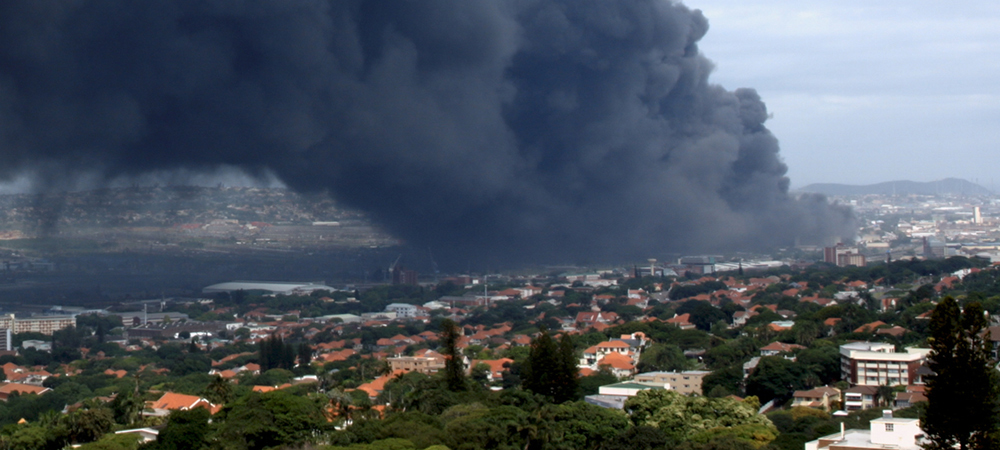
I fear for our children. I fear for all the world’s children. This month in the year 2024 cities in India and Pakistan saw unprecedented levels of thick, toxic smog. This pollution is so thick it can be seen from space as reported from the NASA satellite. It showed a blanket engulfing parts of northern India and Pakistan. The Air Quality Index in Pakistan was 1,000 and in New Delhi was 500. It is easy to imagine that this smog is contained over foreign soil but it isn’t that simple. Houston is the fourth most polluted city in the world.
Toxic levels of air pollution, as measured by the Air Quality Index, is anything above 301. Anything above this level of pollution is considered hazardous and causes serious health effects with the heart and lungs, plus eye and throat irritation.
Air pollution affects everyone but especially children and they are at higher risk of health problems. Children are growing and developing. They breathe faster and breathe more air compared to their body height than adults. They also breathe lower to the ground where some pollution settles.
Extra heat and sunlight create ground-level ozone, which causes asthma. Prolonged warm season and more carbon dioxide lead to a longer, more intense pollen allergy season. More intense and frequent droughts create more dust in the air and affect water supplies that people use to stay cool and to raise crops. More wildfires, both east coast and west coast, make air pollution worse.
Air pollution can cause severe problems like asthma flare-ups and trouble breathing. The same goes for more intense pollen seasons. Lasting exposures to air pollution increases a child’s risk of developing chronic illnesses like asthma, high blood pressure, cancer and mental health disorders affecting learning, memory, thinking and problem solving. (healthychildren.org)
Some children, like those in homes without cooling systems and children on common medications, such as some ADHD medication, allergy medications or diuretics (water pills) are at greater risk.
It is easy to check your local Air Quality Index (AQI) and adjust outside activities for the family. Today the AQI for Galveston Count is rated good with some moderate increase in pollution in Harris County. It is also possible to monitor the local pollen index. (https://pollen.aaaai.org/). Pollen information is also available on many weather broadcasts.
Air pollution is a worldwide problem with worldwide involvement. It is important to strongly encourage and support policies that reduce emissions and improve air quality for all children and families from all backgrounds. The children of Galveston County have all breathed air with dust from the Sahara. That is air pollution that you can see and taste. There is no reason to believe that we are not breathing air from northern India and Pakistan.
I fear for our children.
By Sally Robinson, MD
Keeping Kids Healthy
University of Texas Medical Branch (UTMB)
Published December 2024